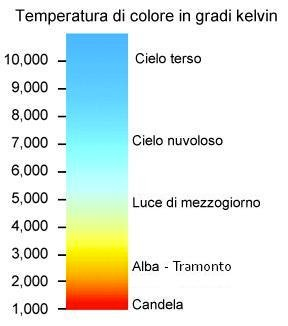Be Aware of Light

Have you ever wondered why light is so gentle and warm at sunrise and sunset while midday light is direct and harsh?
It’s not just to let us post beautiful pictures on our Instagram or to bring us mindfulness moments glazing at the sky. The light waking us up in the morning or sending us to sleep at night is warmer and orangey to favor the transition between sleep and wakefulness, between unwinding after a busy day and falling asleep.
Even though nowadays we no longer wake up at sunrise or go to sleep at sunset, because of or thanks to artificial light, we can similarly help our circadian rhythm exposing ourselves to appropriate artificial light and seeking out sunshine as much as possible during the day. This will keep our eyes healthy as they won’t get strained compensating and it will benefit our health, which is largely depending on sleep quality.
The Issue with Artificial Light
Artificial light is often mentioned when talking about computer and smartphone screens. In the evening the blue light they give off contradicts the information associated with the time – it’s time to rest – by interacting with melanopsin (a receptor found in the retina) and inhibiting the release of melatonin. The truth is this is a common problem with many other types of artificial light, e.g. TV screens and LED light bulbs.
Luckily enough, since studies have begun to show the important role melanopsin plays in promoting sleep quality, multiple solutions have been put forward, including automatic screen brightness adjustment and dimmers.
The opposite is also true. Working in a dark environment or using warm light bulbs during the day can make waking up harder as our mind and body still need a strong signal to fully wake up.
The Benefits of Natural Light
Even in winter natural light is much brighter than many types of artificial light. To better understand sunlight quality we can resort to the Kelvin scale photographers use. It measures color temperature in degrees of Kelvin, the same used for light bulbs.

Chronobiologists, such as Dr. Satchin Panda, suggest that we should work near a window and, if that’s impossible, we should spend at least one hour a day outside, exposing ourselves to natural light even when it’s cold. You may have realized that during the lockdown: it is hard to fully wake up in the morning if you don’t go outside. Few people would chalk it up to the lack of natural light though. Dr. Panda also suggests limiting the use of sunglasses. I would rather urge caution especially on bright sunny or snowy days to avoid sun glare.
Take Good Care of Your Eyes
As light enters our eyes, the information it carries affects our health and the quality of our life. Taking care of our eyes, even in the absence of major vision problems, will make our life better warding off fatigue, nervousness and apparently incomprehensible headaches that are due instead to the poor working conditions of our precious ‘windows to the world’.

Envision Your Vacation
Let’s be honest, spring is inspiring not only because trees are in full bloom but…

Give Yourself a Gift: Good Vision
A couple of days ago a friend texted me that while at lunch with one…

The Colors We Cannot See
The Colors We Cannot SeeHe’s such in a black mood today! This is what we…